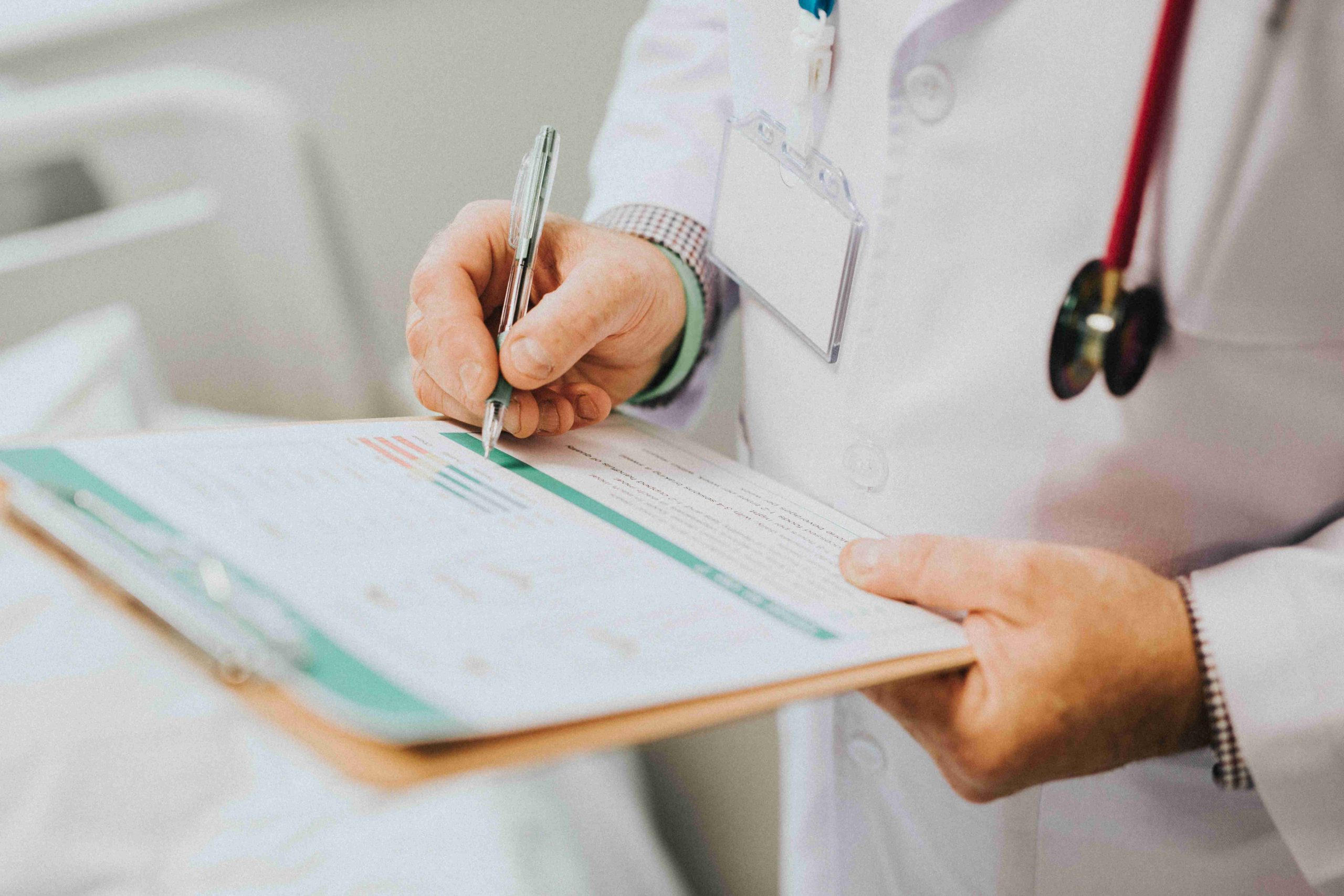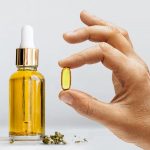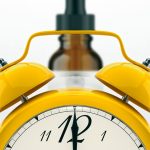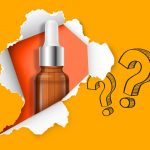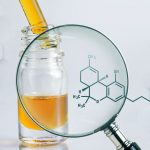Understanding the best CBD dosage is essential for anyone planning to incorporate cannabidiol into their routine. Featured in over 2000 PubMed studies to date, CBD has been reported to have dozens of potential health benefits but there is still no single opinion on what’s the optimal CBD dose for a given condition or what’s the recommended serving size for use as a general health supplement.
So how can you determine what’s the best CBD dosage for you? Let’s start with the variety of factors that define the optimal CBD dose that works for most people.
Factors that define the optimal CBD dosage
Every person is unique, and that’s why the best CBD dosage will be different for each specific case. Here’s a quick list of the most important factors that affect the dose of CBD one may have to take in order to experience optimal effects:
- The activity of one’s CBD receptors. Cannabidiol works by interacting with the cannabinoid receptors on the cell membranes throughout the body. These receptors can be either in an ”active” or a ”resting” state, and the activity of these receptors in each tissue will define how quickly said tissue will respond even to low doses of CBD.
- Metabolic rate. People with a faster metabolism usually start feeling the effects of CBD with lower doses of the compound. Your metabolic rate is defined by a multitude of factors including age, diet, fitness, medications, health conditions, and so on.
- Health conditions of the liver. A great part of cannabidiol is metabolized in the liver so CBD breakdown may be delayed in people with liver problems.
- Health conditions of the gastrointestinal tract. The CBD you take orally via capsules or tinctures will be absorbed in your mouth, stomach, and gut, meaning that any health conditions of these organs may affect the absorption rates of the CBD you take.
- Individual sensitivity to cannabinoids in general and CBD specifically. Your personal response to CBD is a major factor that may trump all of the above.
Another important thing to understand is that your optimal CBD dosage isn’t a magical number that will be constant throughout your whole life. Depending on many different factors, it may change in either direction – so you may find that your previous dose isn’t working anymore or, on the contrary, it becomes too powerful for you.
In other words, most likely you’ll have to tweak your CBD dosage regularly to ensure consistent effectiveness. That said, how can you calculate the CBD dose that would work best in most cases?
3 steps to figuring out the best CBD dosage
If you want to learn what’s the best CBD dosage in your specific case, the smartest way would be to do this in a step-by-step way.
Step 1: Define the starting point
Since everyone is different, the recommended starting point for your experience with CBD should also be personalized. A good way to do that is by using your body weight as a foundation.
If this is your first time taking CBD, we recommend starting with 2 mg of CBD for every 10 pounds of body weight, divided into 3 daily doses. For example, a person weighing 110 pounds would then take 7 mg of CBD three times per day:
Daily dose: 110 pounds/10 pounds * 2 mg = 22 mg
Each dose throughout the day: 22 mg / 3 = 7 mg (rounded down)
Calculate your dosage this way and observe how your body reacts to CBD.
Step 2: Work your way up gradually, if needed
After calculating your starting point according to the instructions in the previous step, dedicate 5-7 days to taking your CBD in that dose. Ideally, you should even keep a journal to document all the sensations and effects you experience during these days.
If you feel that this dosage of CBD isn’t giving you the benefits you expect from it, increase one of your daily doses by 2 milligrams and give your body another 5-7 days to get used to this new dose and see if it’s right for you. For example, a person weighing 110 pounds (from the example in the previous step) could take 23 mg of CBD daily divided into 3 doses of 9 mg in the morning, 7 mg in the afternoon, and another 7 mg in the evening.
This process can be repeated as many times as needed, so the next step would be to increase the second daily dose by 2 mg (for a total of 25 mg), then the evening dose by 2 mg (getting 27 mg total), then the morning dose again, and so on. Just make sure to give yourself at least 5-7 days between the changes in dosage to see if your new daily dose is right for you. Tweak as needed until happy with the results!=
Step 3: Don’t hesitate to consult a physician
There are countless factors that may influence the metabolism of CBD in your body, and it can be hard to figure everything out on your own. If you find yourself having trouble pinpointing the best CBD dosage for your condition, don’t hesitate to discuss the matter with a doctor you trust.
Remember it’s highly recommended to consult a physician before starting your experience with CBD if you have any kind of serious health problem.
Can you overdose on CBD?
According to a 2017 review of clinical data, daily doses of up to 1500 mg of cannabidiol taken for 26 days didn’t cause any side effects. Several studies reported that higher doses of CBD (starting at 50 mg per kg) sometimes led to mild side effects like sleepiness, fatigue, and an upset stomach.
In other words, while the risk of any side effects is very low, it’s still recommended to start with a minimal dose and gradually increase it as needed.
Conclusion
Although the approach we outlined in this article is likely to work for most people, it’s impossible to guarantee that a specific dose of CBD will be right for everyone.
The rate of chemical processes in your body, the sensitivity of your cells to cannabidiol, the details regarding your health conditions- all of these factors are separate pieces in a single puzzle, and all should be taken into account.
Approach the matter with care and don’t hesitate to consult with a qualified expert for further guidance.



